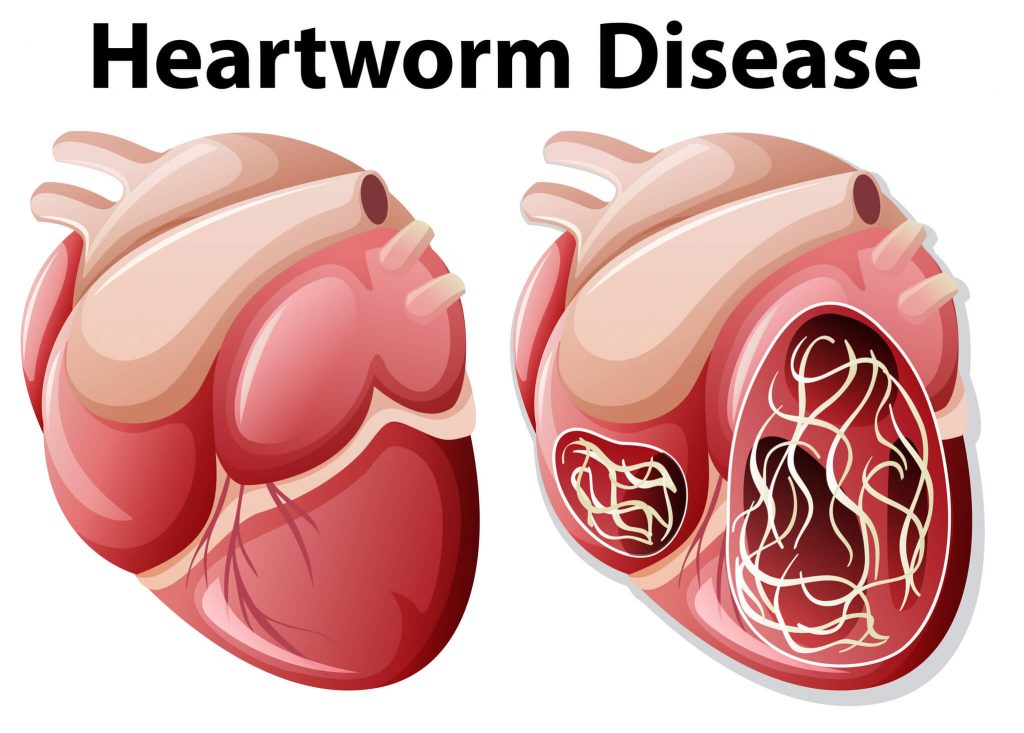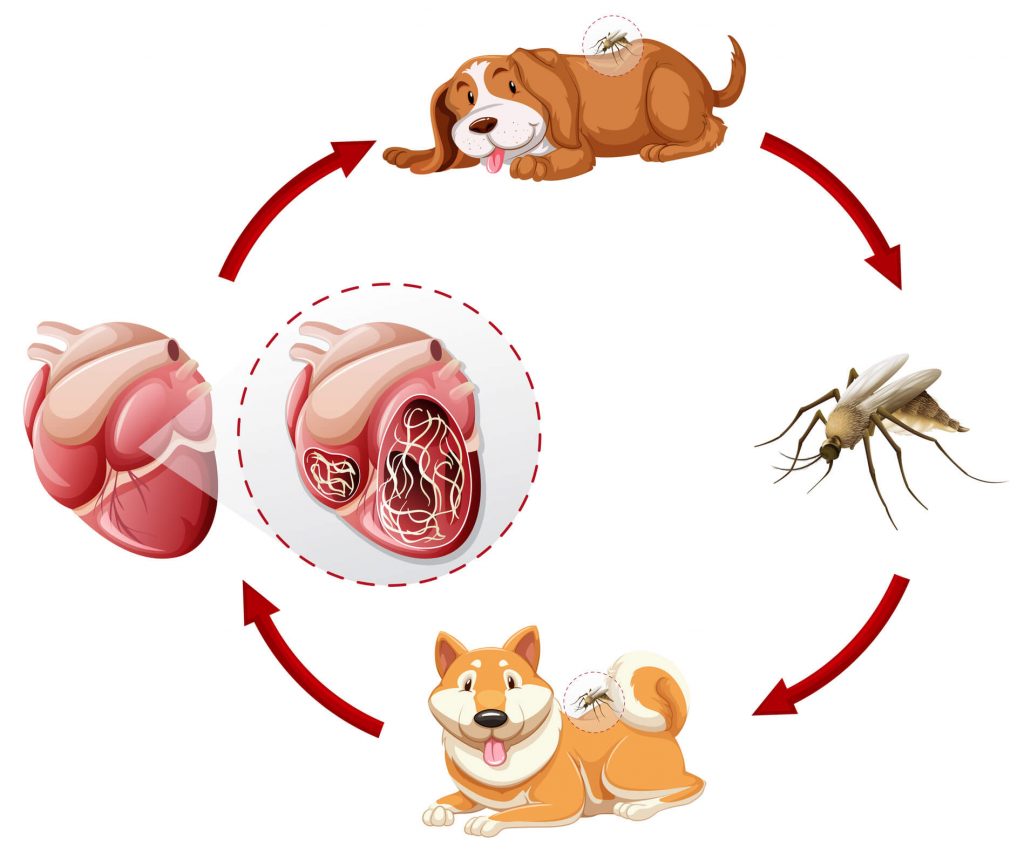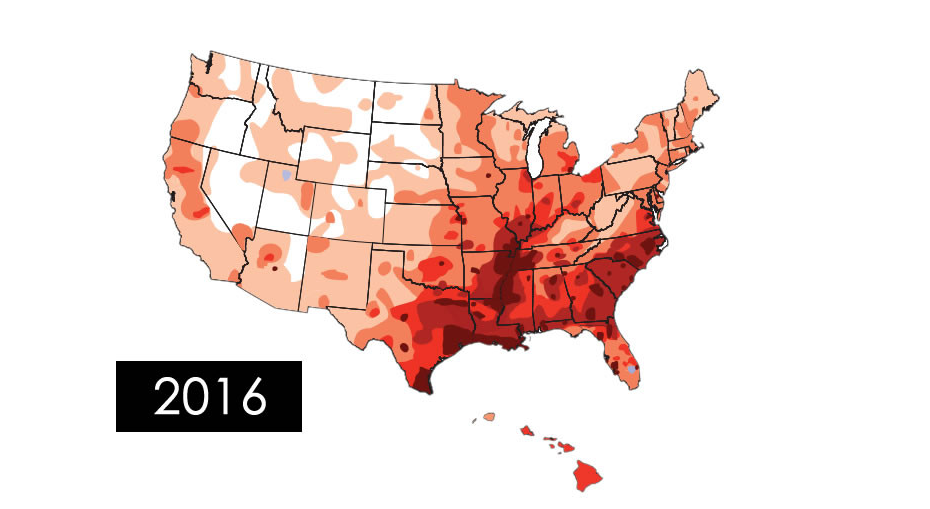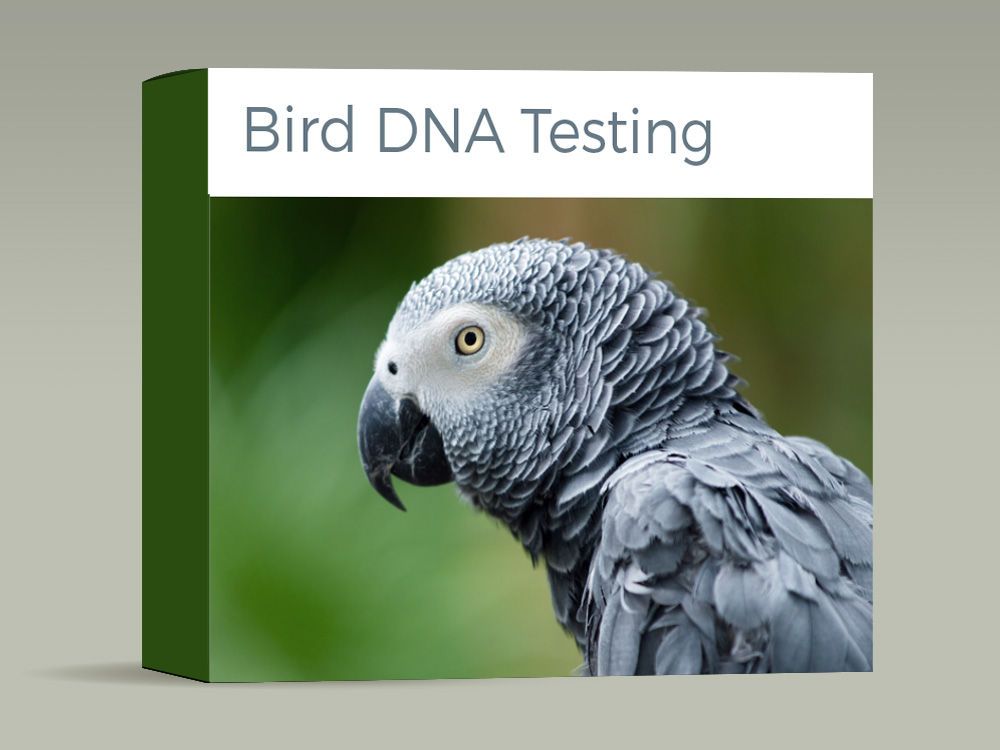
Heartworm disease in dogs is serious. So serious that it can cause heart failure, damage to other organs, lung disease, and even death. It’s a condition spread by bites from infected mosquitoes, and taking the correct steps to prevent it in dogs is Good Dog Ownership 101. In some parts of the country, even in very early spring, over-wintering infectious mosquitoes may already be a concern. Here’s what you need to know about heartworm in dogs during any season.
What is Heartworm in Dogs?
Heartworm disease, also known as dirofilariasisis is caused by a parasite called Dirofilaria immitis, which is a blood-borne parasite. After the parasite (now in a larvae state) is transmitted to a dog via bite from an infected mosquito, the parasite finishes its life cycle in the dog. With the dog as host, the larvae move through the bloodstream and settle into the heart and surrounding blood vessels, where the larvae mature to adults within 5-7 months. Heartworms resemble strands of spaghetti, and a diagnosed dog can have anywhere from 15 to 250 or more in their system.
IMPORTANT FACT: Dogs cannot get heartworm from other dogs.
What Can Heartworm Do to Dogs?
Because it takes time for the worms to mature and start reproducing, the disease is very rarely seen in puppies one year old are less. In fact, it’s most often diagnosed in 2- to 8-year-old dogs, when clinical signs become apparent and the worms have already multiplied. Heartworms can:
- Clog heart vessels
- Clog the pulmonary artery
- Affect the valve action in the heart
- Cause major damage to other organs, since the worms interfere with the blood supply from the heart
What are the Symptoms of Heartworm in Dogs?
The more severe the symptoms, the worse the dog’s condition, as you would expect. Signs of heartworm disease can manifest itself in any combination of the following:
- Coughing
- Nose bleeds
- Pneumonia
- Aversion to exercise

Are the Chances of Heartworm Infection Greater in Springtime?
A dog can be infected with heartworm any time of year when mosquitoes are prevalent, so in warmer climates, you can expect the heartworm “season” to last much longer. That being said, once mosquitoes are present, the risk begins; so if you’ve had an unusually warm early-spring or live in an area where over-wintering mosquitoes exist, it’s time to start seriously thinking about heartworm prevention. The map below has the latest stats (collected in 2016—the next map will be issued later in 2019) for where heartworm was most prevalent.
When’s the Best Time to Start Heartworm Prevention Meds?
As with anything else, it’s best to consult your vet. But the rule of thumb for the best time to start heartworm prevention medication is 30-45 days after the weather warms up enough for mosquitoes to appear. Once your puppy reaches 5 months (or if you adopted your 5-months-plus dog from a shelter) vets recommend testing for heartworm first before starting any preventive regimen. The meds can be given at home or at your vet’s office, if you prefer.
The Tip of the Tail
It’s obvious that heartworm is a disease we should take active steps to prevent in our dogs, but it’s important to remember that not all mosquitoes cause heartworm, and that the problem is not epidemic. As with everything else, consult with your vet on the best course of action for your dog.
SOURCES
Center for Veterinary Medicine. “Animal Health Literacy – Keep the Worms Out of Your Pet’s Heart! The Facts about Heartworm Disease.” U S Food and Drug Administration Home Page, Center for Veterinary Medicine, 31 July 2018, www.fda.gov/animalveterinary/resourcesforyou/animalhealthliteracy/ucm188470.htm.
“Heartworm in Dogs.” American Heartworm Society, 19 Apr. 1970, www.heartwormsociety.org/heartworms-in-dogs.
Kent, Chelsea. “Heartworm Facts: Prevalence, Medication And Alternative Treatment.” Dogs Naturally, 18 Mar. 2019, www.dogsnaturallymagazine.com/heartworms-in-dogs/.
Ward, Ernest. “Heartworm Disease in Dogs.” vca_corporate, vcahospitals.com/know-your-pet/heartworm-disease-in-dogs.









0 Comments